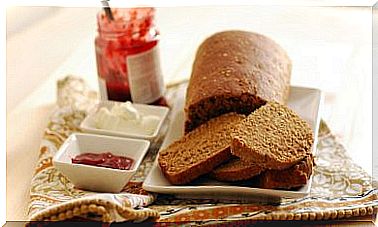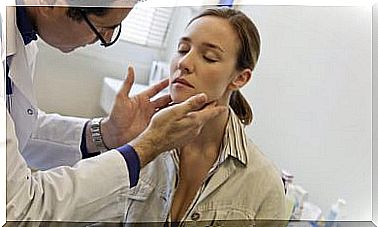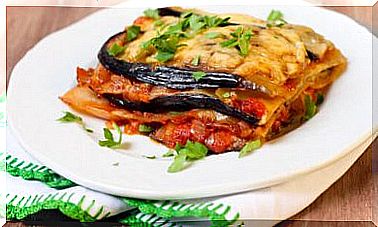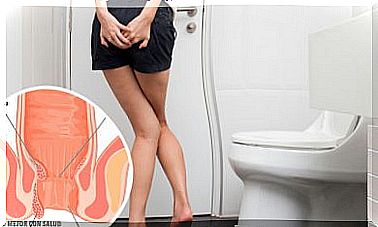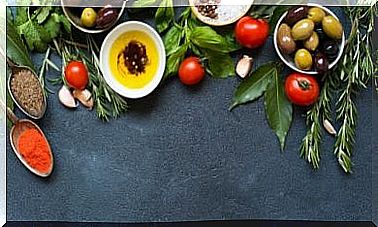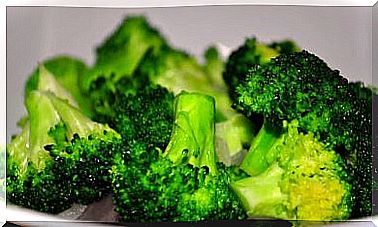9 Benefits Of Corn Hair That You Probably Did Not Know
Thanks to its anti-inflammatory properties, corn hair infusion can be beneficial to alleviate certain health problems. Learn more below!
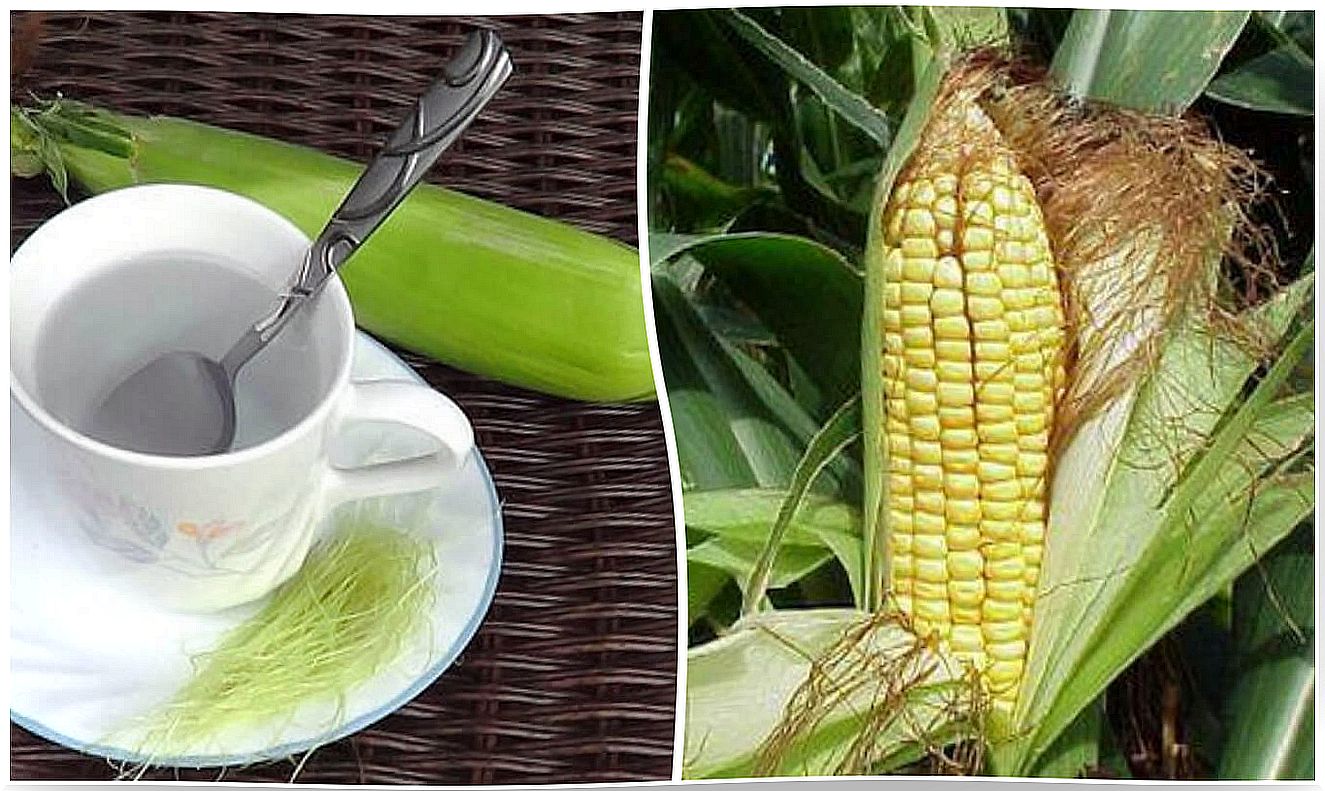
Corn or corn is an American cereal that has been used as a food source for many years. Most people eat only the grains, because they taste great in soups, cakes, or desserts. However, what some maintain is that corn hair concentrates certain properties that could be used for medicinal purposes. Is this true?
Although this is usually discarded when using the food, corn hair could be useful as a remedy against various types of ailments. Next, we will analyze what the experts say about its supposed benefits for the body.
Main benefits of corn hair
It should be noted that many of these properties are still under study. Therefore, what we will do is comment on current scientific knowledge about each one.
Although some of these effects have been partially proven, for several of them more research is still needed to understand their specific mechanism of action and their true efficacy.
Some have also been tested on animals, but not on humans. This shows how promising these properties are, but it also makes it clear that we cannot trust them or their efficacy.
1. Protection for the urinary tract
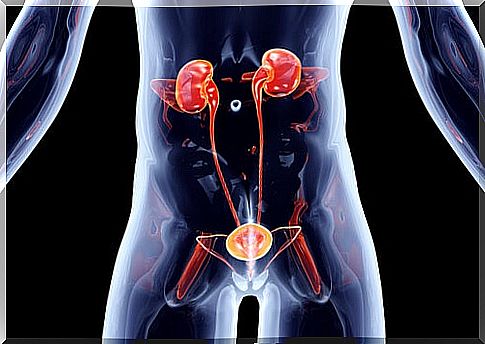
The supposed antiseptic and diuretic properties of corn hair are said to make it an ally against urinary tract infections. Following this theory, supported more than anything by traditional medicine, its consumption would help reduce inflammation, calm irritation and decrease bacterial growth.
However, the antiseptic effects have not been proven, while diuretics, which were confirmed by a study published in Molecules , would not be effective enough to generate results that really protect the urinary tract.
2. Ally to combat joint pain
For years it has been thought that corn hair is a good complement for the treatment of joint pain. This is based on the anti-inflammatory properties that have been found in its extracts in various investigations.
However, it is appropriate to make a clarification in this regard: most of the studies, such as one from 2017 published in the Korean Journal of Food Science and Technology , have evaluated this properties against skin conditions, but not against joint pain itself.
The Molecules study cited above also speaks of this property in inflammatory diseases related to oxidative stress, such as joint pain. However, these effects are not fully confirmed, so more studies are needed on this topic.
3. Can regulate high blood pressure
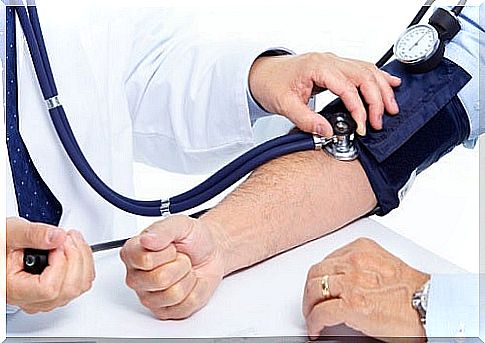
The research published in Molecules mentioned above cites other studies that confirm this property: cob hair helps maintain a balanced level of blood pressure.
In this publication, it is explained that its diuretic action – albeit limited – causes water and elements such as sodium and potassium to be expelled, which results in a drop in blood pressure. Beyond this, corn hair is contraindicated for people with blood pressure problems, whether high or low.
4. It has antioxidant effects
The study published in Mo lecules details that flavonoids hair choclo are antioxidant compounds that may help prevent damage from oxidative stress in the body. Likewise, these have the property of contributing to the prevention of heart and neurological diseases.
5. Could be good for the liver
Continuing with what was detailed in the same research, corn hair could have direct benefits on liver health, thanks to the antioxidant effects discussed in the previous section.
However, it is necessary to clarify that the research cited in the study was carried out in animals, so more studies are needed to confirm this supposed property, which was based on the maintenance of glutathione levels in the body.
6. Could regulate blood sugar

According to beliefs, corn hair could help regulate blood sugar. However, again, there are no studies to confirm that this can be the case in humans.
Animal studies, such as one published in Nutrition & Metabolism , are promising: a significant decrease in the blood glucose levels of the study subjects is observed after the consumption of corn hair extract. This is due to the action of its compounds on the insulin receptors of the cells.
7. Relieves headaches
Due to its supposed anti-inflammatory and analgesic properties, the corn hair drink could help reduce headaches.
This is one of the topics that is studied the most about corn hair; Recent studies, such as one published by the Tropical Veterinarian , confirm these effects, but on animals.
8. Control muscle tension
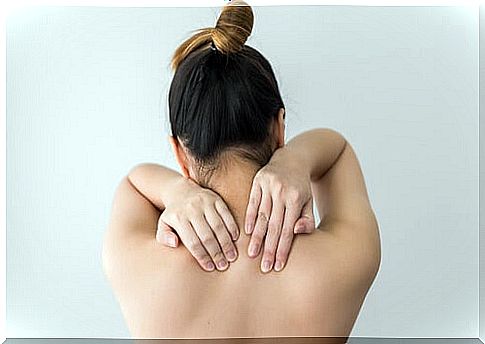
It is said that corn hair water could be useful for athletes, since it would help delay the onset of fatigue when doing physical activity. However, this property cited in Molecules has not been proven in humans either.
9. Supports weight loss
Due to its minimal caloric intake and its diuretic properties, corn hair could be a good complement to plans aimed at weight loss. Of course, this would imply combining it with a balanced, varied and nutritious diet, in addition to regular physical activity.
How to prepare a corn hair tea?
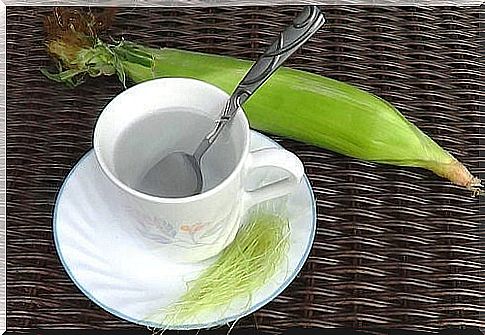
The corn hair infusion is the most common way to take advantage of its properties. Here is a popular recipe for its preparation.
Ingredients
- 3 tablespoons of corn hair (30 grams).
- 1 liter of water.
Preparation
- Boil a liter of water and, when it comes to a boil, add the corn hair.
- Leave it for two minutes, turn off the heat and allow it to stand.
- When it is at a bearable temperature, pass it through a strainer.
- Sweeten to taste, preferably with sweetener, and consume.
Contraindications of corn hair
Corn hair is contraindicated for pregnant or lactating women. Also, according to a WebMD publication, it is not recommended for those who suffer from kidney disease, diabetes or blood pressure problems (both high and low).
Ultimately, it should be taken into account that, if you suffer from any of the pathologies mentioned in this article, you should consult your doctor. Consuming certain foods or natural remedies can complement drug treatment, but never replace it.

